Epsom Salts
maxiquai
10 years ago
Related Stories

MOST POPULAR33 Magic Household Cleaning Tips
Houzzers from around the world share their tips for transforming housework into child’s play
Full Story
HOUSEPLANTS8 Essentials for Healthy Indoor Plants
Houseplants add so much to our homes — and can thrive when grown in the right conditions. Keep these tips in mind
Full Story
MOST POPULARShould You Keep Your Tub?
There are reasons to have a bathtub, and plenty of reasons not to. Here’s how to decide if you should keep yours or pull the plug
Full Story
DECORATING GUIDESYou Said It: 'Make It Easy on Yourself' and More Houzz Quotables
Design advice and observations that struck a chord this week
Full Story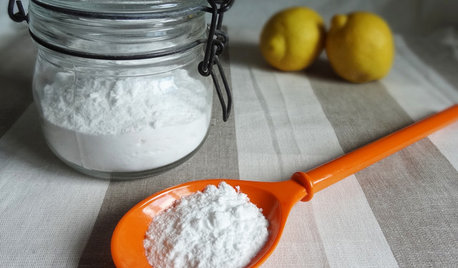
HOUSEKEEPINGBaking Soda: The Amazing All-Natural Cleanser You Already Own
Battle grime, banish odors and freshen clothes with this common nontoxic cupboard staple
Full Story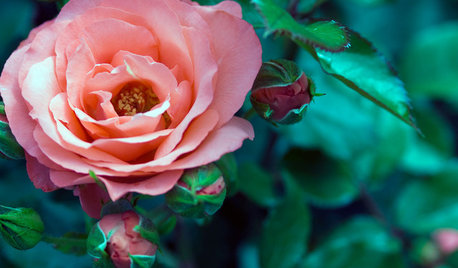
GARDENING GUIDESLearn the Secret to Bigger and Better Roses
Grow beautiful roses using both ordinary and unusual soil amendments
Full Story
EARTH DAYGrow a Beautiful Garden With Ecofriendly Greywater
Reducing home water waste means lower bills and a healthier planet. Here's how to set up a greywater home irrigation system that can help
Full Story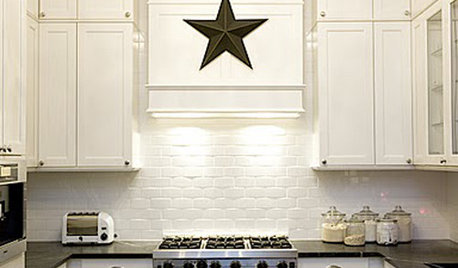
DECORATING GUIDESSuper-Versatile Storage: Lidded Glass Jars
See-Through Containers for Kitchen, Bathroom, Laundry Room and Beyond
Full Story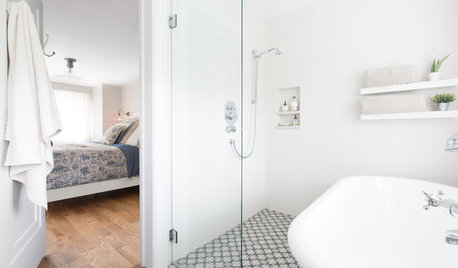
BATHROOM DESIGNSweet Retreats: The Latest Looks for the Bath
You asked for it; you got it: Here’s how designers are incorporating the latest looks into smaller master-bath designs
Full Story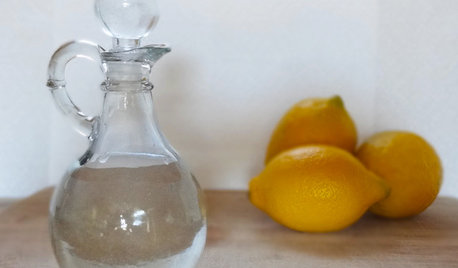
HOUSEKEEPINGVinegar and Voilà: Clean Your House the Natural Way
Ditch the commercial cleaners for nontoxic, inexpensive and versatile white vinegar
Full StoryMore Discussions






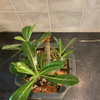

kodom087 z9a
maxiquaiOriginal Author
Related Professionals
Simpsonville Landscape Architects & Landscape Designers · West Milford Landscape Architects & Landscape Designers · Waunakee Landscape Architects & Landscape Designers · Frisco Landscape Contractors · Milford Landscape Contractors · Waterbury Landscape Contractors · Anderson Landscape Contractors · Chattanooga Landscape Contractors · Gallatin Landscape Contractors · Oxnard Landscape Contractors · Paramount Landscape Contractors · Pleasanton Landscape Contractors · Ponte Vedra Beach Landscape Contractors · South Portland Landscape Contractors · Washington Landscape ContractorsMarie Tran
KarenPA_6b
kodom087 z9a
somalenese
kodom087 z9a
somalenese
ZOS150
Seax88
ginger9899
Loveplants2 8b Virginia Beach, Virginia
kodom087 z9a
ladylotus